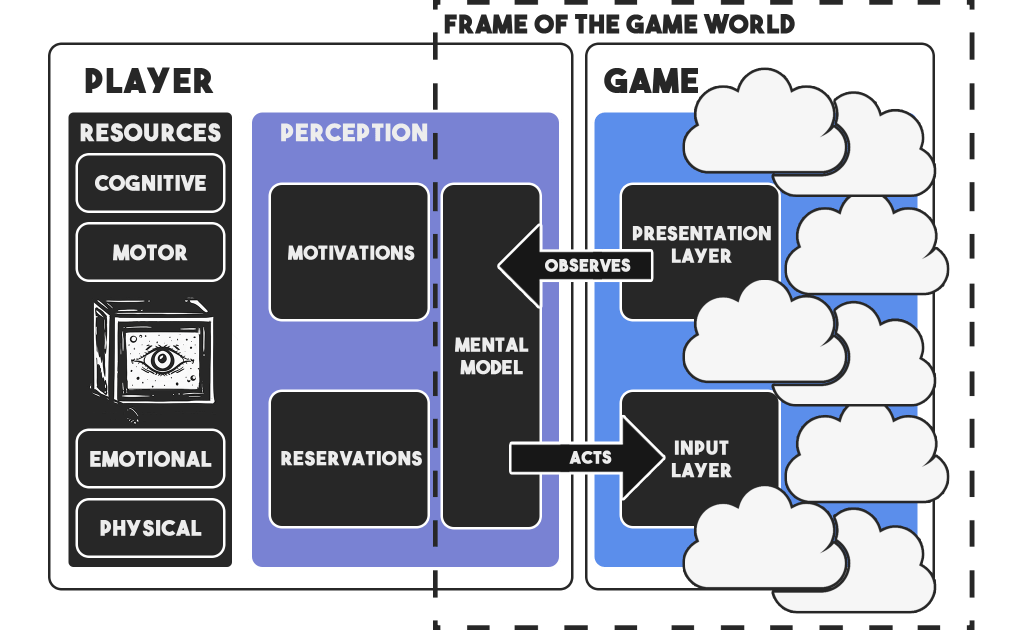Please select from our project list below …
Compassion
To have compassion means to empathise with someone and to feel compelled to reduce their suffering. Therefore, compassion encloses empathy and drives action to alleviate the suffering of others.
Compassionate games aim to provide an experience of compassion to the players through or with the help of a game. Compassion is considered to motivate people to actively seek ways to help the physical, mental, or emotional pains of others around them and hopefully themselves as well. Games as of their nature are constructs of challenges that aim to exert skills including but not limited to physical skills (such as endurance, dexterity, speed, precision, etc.), cognitive skills (such as numeracy, literacy, memory, organisation, planning, decision making, attention, focus, flexibility, etc.), emotional skills (such as patience, self-esteem, self-efficacy, self-awareness, self-regulation, empathy, etc.)
Manifesto for compassionate games
What is meant with “compassionate games” may seem fluffy and idealistic. However, the idea of a compassionate game originates from the comfortable and embracing feeling of compassion. Compassion in this sense may seem to conflict with the notion of challenge and conflict in game design. On the contrary, it is about finding the right area in the design of the game where challenge should be planted so that it is possible for the players to fairly overcome these challenge rather than facing an unsolvable/impassable problem due to their limitations; thus, feel incompetent. Therefore, compassion does not suggest removing the challenge but planting it in an area where player progression is not limited by the disease.
A compassionate game would tolerate the failures of a player with compassion rather than confrontation so that the failures are perceived as opportunities of development rather than unsuccessful attempts.
A compassionate game would allow for a grace time that suits a player’s capabilities rather than panelizing the player with a problem that they cannot improve upon; therefore, the remaining feeling is not a decline in self-esteem.
Compassionate games would not compete with the player, pose themselves as opponents to the player or feed on the conflict or failure; they rather encourage the player for participation by providing a harmonious and suggestive environment of support and care. Compassionate games would strive for accessibility, inclusivity, care, tolerance and adaptation.
Compassion doesn’t mean forgiveness or easiness; it is about care and tolerance with an understanding of where the other is coming from or what the other is going through.
Insert footnote for compassionate games here…
Players & Self Determination Theory
Needs text here.
Re-appropriation of Self Determination Theory by Edward Deci (Et al.) – Self-Determination and Intrinsic Motivation in Human Behavior (1985).
Player Performance Model
Needs text here.
Insert caption here
Games With Physical Activity Classification
Needs text here.
Insert caption here
Player Game Interaction
Needs text here.
Insert caption here
Player Perception
Needs text here.
Insert caption here











